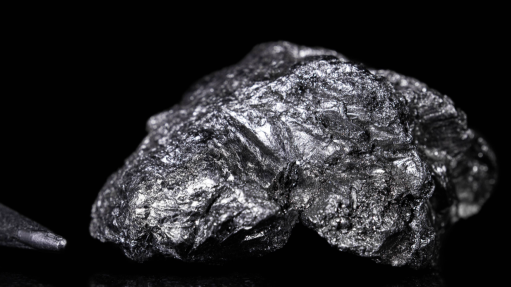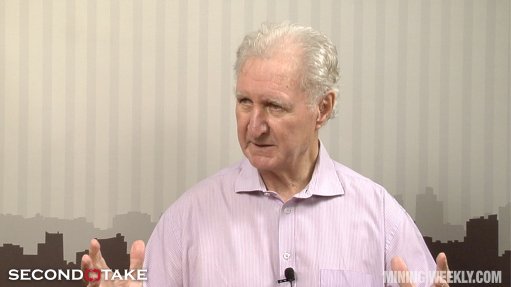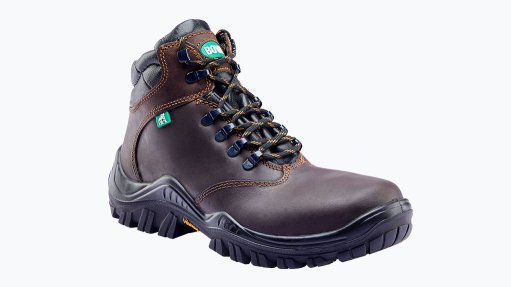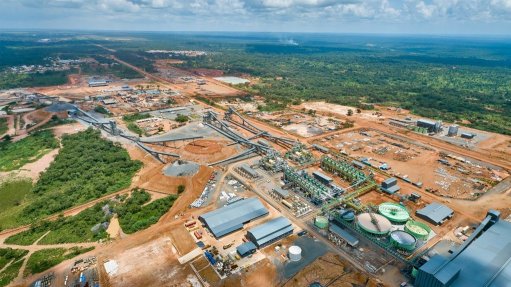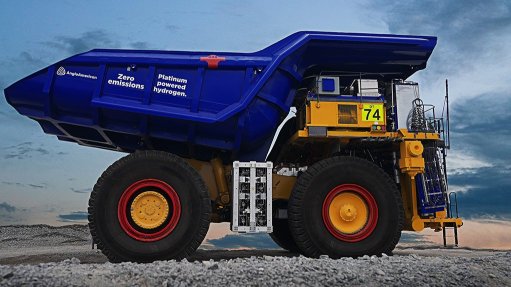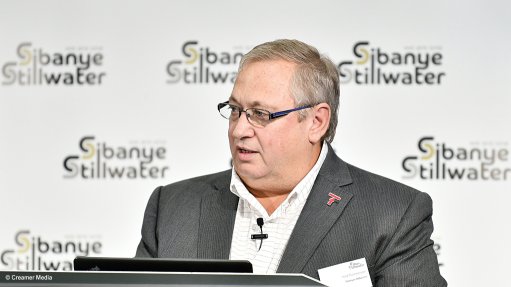New electric buses are locally assembled and stress-tested, UJ says
The University of Johannesburg (UJ) has purchased two battery electric buses to ferry students between its various campuses.
The decision to roll out the buses follows a test period last year during which the university used a similar demonstration vehicle as a campus residence shuttle, says UJ special projects adviser Professor Andre Nel.
“Our routes were tested using the demonstration bus, and we are certain the buses have sufficient torque and power for our routes.”
The buses typically make low-speed, start-stop trips, adds Nel, which is ideal for an electric vehicle.
UJ has an existing fleet of 15 buses, with the two new electric buses displacing two diesel buses.
The vehicles are charged using solar energy, which adds to their green credentials.
The supplier of the electric buses is South Africa’s Mi Power, trading as Ramabulana Holdings.
Only the battery packs are imported, with these packs then installed locally.
Each bus has a capacity of 76 passengers, with 57 seated and 19 standing,
and isfitted with closed-circuit television cameras and USB charging ports.
“The commercial advantage of having electric buses far outstrips running diesel-operated buses,” explains Nel.
“The return on investment for the university is immeasurable; it cannot be measured in monetary terms.”
The project to acquire the electric buses started more than 18 months ago, as part of UJ’s drive to reduce its carbon footprint.
“We have always had a strong focus on sustainability,” explains Nel.
After rolling out a large number of solar panels, with 15% of UJ’s energy currently flowing from the sun, the question was what could be done next to further the university’s green ambitions.
The answer was green transport, as transport makes up about 4.5% of UJ’s carbon footprint, says Nel.
UJ will have to experience loadshedding for over five hours a night to impact the overnight charging of the buses.
It takes 5.5 hours to charge the buses fully.
The range is 350 km, which is more than the 200 km the buses cover daily.
Comments
Press Office
Announcements
What's On
Subscribe to improve your user experience...
Option 1 (equivalent of R125 a month):
Receive a weekly copy of Creamer Media's Engineering News & Mining Weekly magazine
(print copy for those in South Africa and e-magazine for those outside of South Africa)
Receive daily email newsletters
Access to full search results
Access archive of magazine back copies
Access to Projects in Progress
Access to ONE Research Report of your choice in PDF format
Option 2 (equivalent of R375 a month):
All benefits from Option 1
PLUS
Access to Creamer Media's Research Channel Africa for ALL Research Reports, in PDF format, on various industrial and mining sectors
including Electricity; Water; Energy Transition; Hydrogen; Roads, Rail and Ports; Coal; Gold; Platinum; Battery Metals; etc.
Already a subscriber?
Forgotten your password?
Receive weekly copy of Creamer Media's Engineering News & Mining Weekly magazine (print copy for those in South Africa and e-magazine for those outside of South Africa)
➕
Recieve daily email newsletters
➕
Access to full search results
➕
Access archive of magazine back copies
➕
Access to Projects in Progress
➕
Access to ONE Research Report of your choice in PDF format
RESEARCH CHANNEL AFRICA
R4500 (equivalent of R375 a month)
SUBSCRIBEAll benefits from Option 1
➕
Access to Creamer Media's Research Channel Africa for ALL Research Reports on various industrial and mining sectors, in PDF format, including on:
Electricity
➕
Water
➕
Energy Transition
➕
Hydrogen
➕
Roads, Rail and Ports
➕
Coal
➕
Gold
➕
Platinum
➕
Battery Metals
➕
etc.
Receive all benefits from Option 1 or Option 2 delivered to numerous people at your company
➕
Multiple User names and Passwords for simultaneous log-ins
➕
Intranet integration access to all in your organisation






